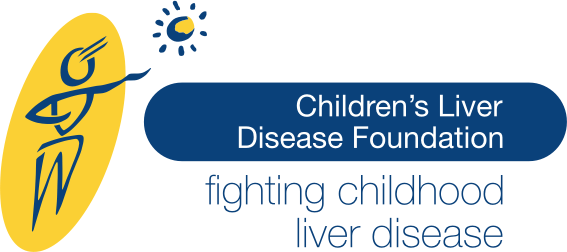Title: Odevixibat therapy in progressive familial intrahepatic cholestasis with MYO5B variants: a retrospective case series
Source: Orphanet Journal of Rare Diseases 2025, 20 (1): 227
Date of publication: May 2025
Publication type: Retrospective case series
Abstract: Background and rationale: Progressive familial intrahepatic cholestasis (PFIC) associated with myosin 5B deficiency is a rare liver disease characterised by elevated serum bile acids (sBAs) and severe pruritus. The objective of this study was to evaluate treatment with the ileal bile acid transporter inhibitor odevixibat in affected children.
Methods: This was a retrospective analysis of five children with a diagnosis of PFIC associated with myosin 5B deficiency and pruritus refractory to treatment with rifampicin and ursodeoxycholic acid, starting odevixibat treatment (37.2-120 µg/kg.day) between 15 months and 10 years of age. Clinical and laboratory data were collected regularly, including liver biochemistry and treatment history. Pruritus and sleep disorders were rated on a four-point Likert scale (absent, mild, moderate or severe).
Results: In the year before starting odevixibat, all patients presented with moderate to severe refractory pruritus. Four patients had sleep disturbances. One patient had a history of microvillus inclusion disease and was parenterally fed during his first year of life. In the year prior to initiating odevixibat, sBA levels were > 150 µmol/L and total bilirubin levels were > 25 µmol/L in all patients. Within six months after starting odevixibat, sBA levels normalised to < 10 µmol/L and total bilirubin fell to < 15 µmol/L. Bilirubin and sBA levels remained mostly normal throughout the treatment period (from 22 to 39 months) in four patients. Pruritus and sleep disturbances improved in the first three months and disappeared completely on treatment in four patients. In two patients, compliance and access to treatment were limited, which may explain the fluctuations in treatment response. In one patient, odevixibat treatment was discontinued following an episode of infectious gastroenteritis leading to a rise in sBA and symptom recurrence which did not respond to treatment reinitiation. Digestive tolerability of odevixibat was good; no new or worsening gastrointestinal symptoms were observed in any child.
Conclusion: This case series indicates that treatment with odevixibat is effective in children with myosin 5B-related PFIC and encourages further research into the utility of this medication in rare forms of PFIC.

